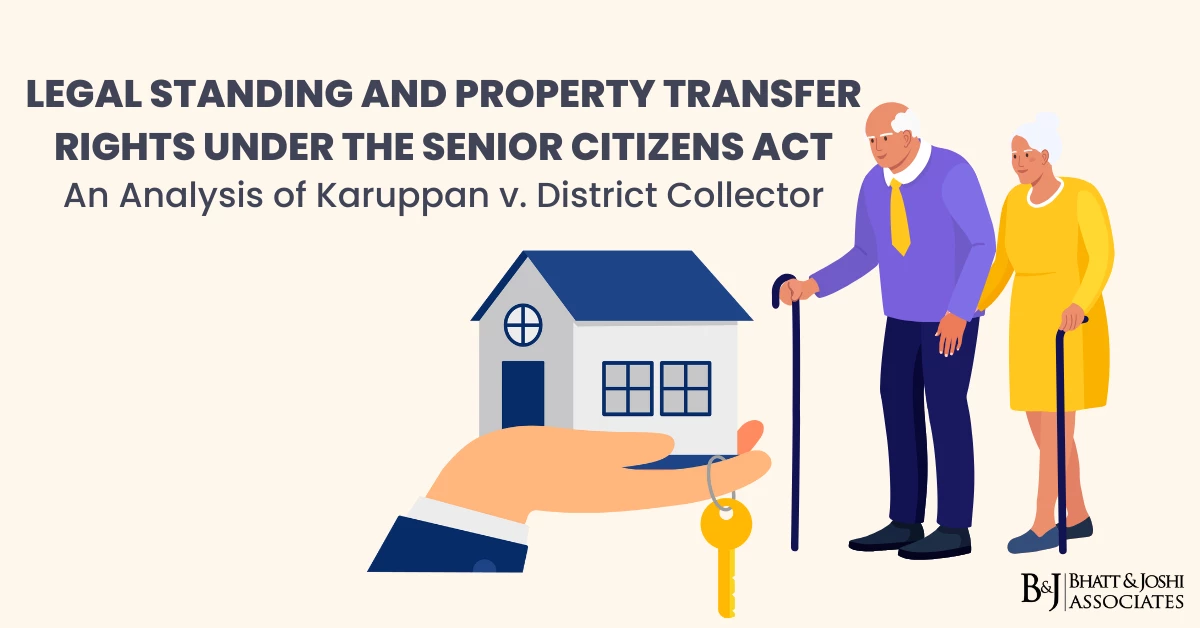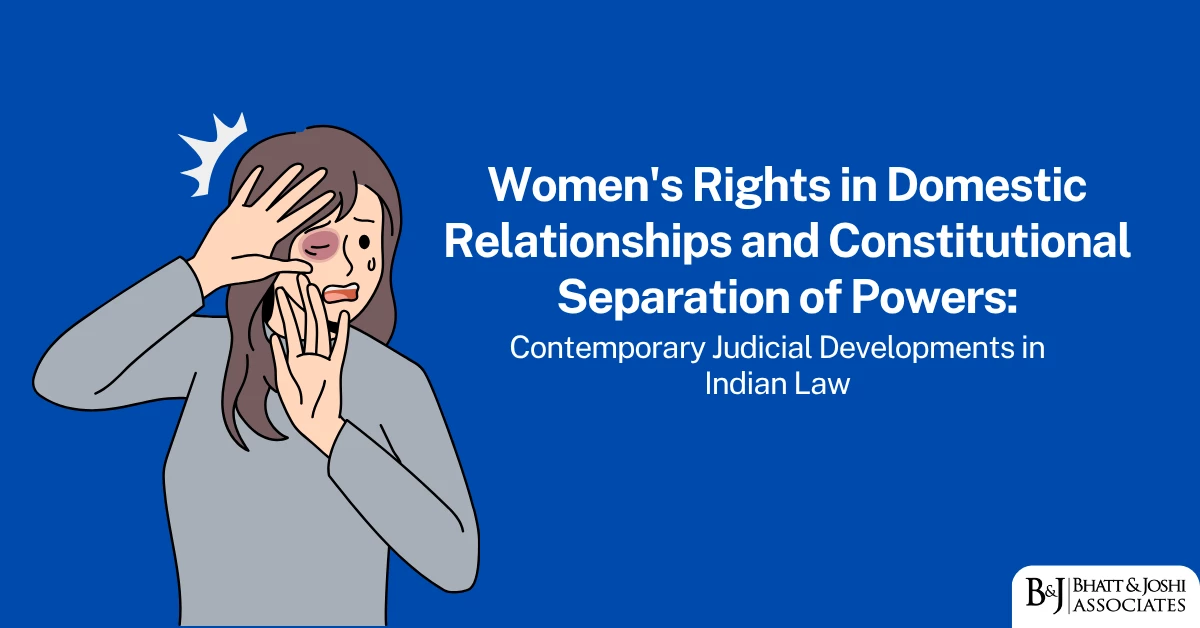Background
In this case, the applicant was awarded a contract for the construction of roads in Sector-18 near village Usmanpur. The work was completed on 30.6.2017, and payments were made over time. A dispute arose due to deductions made in the final bill. The applicant requested arbitration, but it was declined on the grounds that the Chief Executive Officer of the Authority, as per Clause 33, had become ineligible by virtue of Section 12(5) of the Act of 1996, rendering the arbitration clause non-existent.

Prayer of the applicant
The applicant sought the reference of the dispute to an arbitrator due to disagreements over the final bill and the deductions made therein.
Legal Issues Involved
- The primary legal issue revolves around the interpretation of Section 12(5) of the Arbitration Act. The contention is whether the ineligibility of the arbitrator, as per Section 12(5), renders the arbitration clause itself non-existent.
- The Supreme Court’s observations in various judgments, including Voestalpine Schienen GmbH v. Delhi Metro Rail Corpn. Ltd. and Bharat Broadband Network Ltd. v. United Telecoms Ltd., were discussed. These judgments emphasised the neutrality, independence, and impartiality of arbitrators.
- The core issue is the relationship between the parties and the arbitrator. If the arbitrator falls under any category specified in the Seventh Schedule, he becomes “ineligible” to act as an arbitrator.
Arguments made by Applicant
- The applicant’s counsel argued that the arbitration agreement consists of two parts: the agreement for reference of dispute to the arbitrator and the procedure to be followed upon such reference.
- The counsel emphasised that the procedure part, which allows for party autonomy, is subservient to the statutory interdict in Section 12(5) of the Act. Thus, it cannot be construed as nullifying the first part of the agreement for reference of the dispute to the arbitrator.
Submission made by Opposition
- The opposite party contended that the Chief Executive Officer of the Authority alone is competent to arbitrate in the matter as per Clause 33. Since he has become ineligible by virtue of Section 12(5) of the Act of 1996, the arbitration clause would cease to exist.
- They also referred to an affidavit submitted by the applicant before the authority. This affidavit stated that additional works were conducted due to various hindrances, and no claim would be raised before the authority for such variations. The counter-affidavit highlighted that this affidavit does not bear the signature of the proprietor of the firm or its authorised agent/signatory.
Important Observations of the Court
- The court observed and emphasised the importance of the neutrality of arbitrators, as highlighted in the Supreme Court’s judgement in Voestalpine Schienen GmbH v. Delhi Metro Rail Corpn. Ltd. The main purpose of amending the provision was to ensure the arbitrator’s neutrality.
- The court further observed that if the arbitrator falls under any category specified in the Seventh Schedule, he becomes “ineligible” to act as an arbitrator. If the arbitrator becomes ineligible, it is clear that the arbitration clause would be beyond the arbitration agreement, empowering the court to appoint such arbitrator(s) as may be permissible.
Important Provisions of Law
| Sr no. | Provision / Section of Law | What it stands for | Context in the case |
| 1. | Section 12(5) of the Arbitration and Conciliation Act, 1996 | Specifies circumstances under which an arbitrator may be considered to have justifiable doubts regarding his independence or impartiality. | The core issue in the case revolved around the ineligibility of the arbitrator as per this section. |
| 2. | Section 11(6) of the Arbitration and Conciliation Act, 1996 | Pertains to the appointment of arbitrators, especially when parties fail to appoint an arbitrator as per the agreed procedure. | The applicant filed the petition under this section seeking the appointment of an arbitrator. |
| 3. | Seventh Schedule of the Arbitration and Conciliation Act, 1996 | Lists the grounds for challenging the appointment of an arbitrator due to justifiable doubts about their independence or impartiality. | The court referred to this schedule in relation to the ineligibility of the arbitrator. |
Conclusion
The application was allowed. The Allahabad High Court, in its judgement, concluded that the ineligibility of an arbitrator as per Section 12(5) of the Arbitration Act does not render the arbitration clause itself invalid. The court emphasised the neutrality of arbitrators and the importance of their independence and impartiality, highlighting that the main purpose of amending the provision was to ensure the “neutrality of arbitrators.” The court allowed the application and appointed Hon’ble Mr. Justice P.K.S. Baghel (Former Judge) as the Arbitrator to adjudicate the dispute in accordance with the provisions of the Arbitration and Conciliation Act, 1996.











